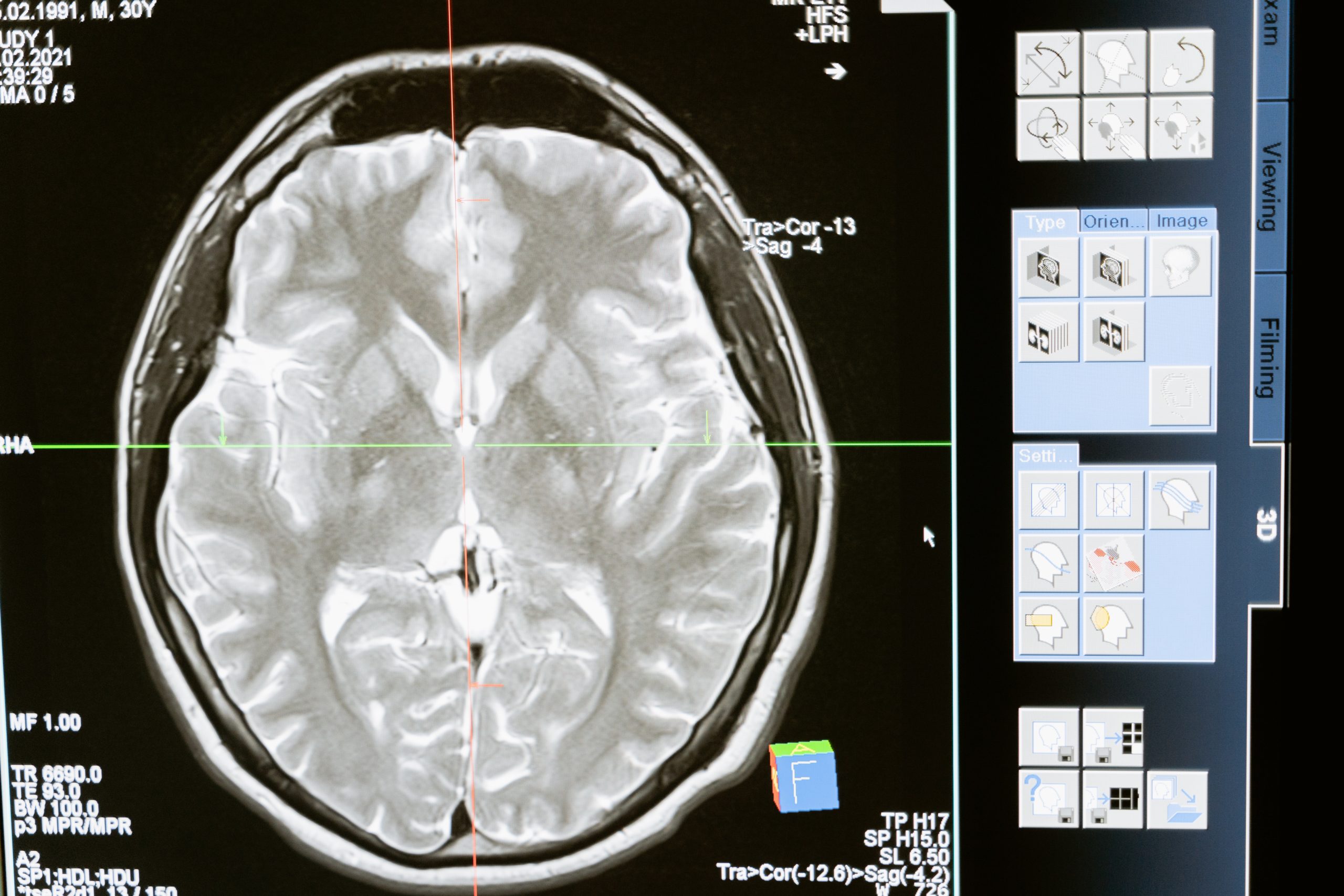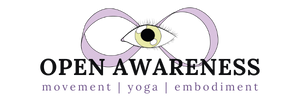
31 Oct Your Three-part Brain, Overwhelmed
Brains!
You have a brain! You’re carrying around 2.5 to 3 pounds of it in your head at all times, no wonder your neck gets sore.
Not only are you carrying this weight in your head, you’re carrying the evolutionary development of our species. According to the triune brain theory (which, you should know, is more a useful working metaphor than an accepted neuroscience theory), the brain can be understood in three layers, like the layers of an onion.
Reptile Brain
The first layer is the brain stem, so called the reptile brain, responsible for regulating the foundational aspects of life: breathing, sleeping, eating, peeing, pooping, arousal, and touch. Mostly the stuff newborn babies, with their undeveloped brains, can do fresh out of the womb.
Mammalian Brain
The next layer of the brain out from center is the limbic system, so called the mammalian brain. This is the bit that works in emotions, recognizes danger, determines whether something is pleasurable or scary. It’s the quick reacting layer that snap answers the question “is this experience important for my survival?”
Genesis?
The final, outermost layer is the neocortex. The neocortex is the outer bulk that we can blame Eve for. You know, she ate the forbidden fruit of knowledge and God hence punished all womankind with pain in childbirth. Humans are the only primate with such atrocious birthing pains precisely because human infant brains are about as big as they can get and still make their way out of the birth canal.
Obviously I’m kidding about Eve and the metaphor is wobbly. The outermost layer of the brain doesn’t even finish developing until our mid-twenties. We are born with a huge brain, but not as big as it’s going to get, and certainly not as smart. Infants, compared to other species’ newborns, are laughably helpless. What they do have is a demanding cry and a cute face, which makes human adults hard pressed not to help them.
I digress.
Neocortex
The outermost layer of your brain, your neocortex, is the home of your most human skills: language, meaning making, strategic planning, behavior inhibition, empathy, forecasting, reflecting…It’s the part of our brain we use to talk ourselves out of reacting, the part we call on to make the better decision, and learn from our mistakes.
Unfortunately, we don’t always have access to our neocortex. You know sometimes when you reflect on your behavior (a neocortical skill) and think “Why the hell did I say that awful thing? I didn’t even think first, I just blurted it out and now I owe an apology.” Well, it’s probably because you were overwhelmed and had, in a real sense, lost your mind. Your neocortex had temporarily gone “offline.”
Processing what’s happening to you
Here’s the thing – your brain takes in information from both external and internal senses at lightening speed. Faster than you can comprehend (neocortex) what’s going on, the story of what’s happening to you gets sent very quickly to the first two innermost layers of your brain, together so called the emotional brain (brain stem+limbic system=emotional brain). “Is this experience important to my survival?” If the answer is yes, your brain sends signals to your body to activate. “Save our lives, body!” Stress hormones are released, your sympathetic nervous system (fight/flight) is engaged, and you’re on edge. It all happens automatically.
I’m always the last to find out
About this time, after you’re feeling your heart pound in anger, your neocortex gets the “what’s happening to you” message. I repeat, you consciously comprehend what’s happening to you AFTER your body has already been activated to fight or flee. If the stress you’re feeling is manageable, the reasonable, thoughtful part of your brain (neocortex) can talk you down. “Dude, they didn’t say you’re an idiot. They were talking back to what they just heard on their podcast. Relax.” And so your brain sends signals to your body to activate the parasympathetic, rest/digest system. Crisis averted. Or not…
Out of your mind
Let’s say, in this example, the comment you misinterpreted as a personal criticism was the straw that broke the camel’s back. You’re coming home from a big and embarrassing fight with your boss, some car cut you off on the highway and you had to slam on your breaks, you tripped over the water hose on your way up the sidewalk, and then as soon as you get in the door this guy just randomly pops off saying “you’re an idiot.” Emotional brain is in full survival mode, threats have been coming one after the other, and you’re overwhelmed. Your rational brain is out of commission. It’s not accessible, you can’t use it, there are too many threats to your survival out there. In a sense, you’re out of your mind. That’s why you said the awful thing without thinking first. Your ability to think first was shot. You’re operating from your emotional brain alone.
Let’s save the world
It’s for this reason and a thousand others I think that stress management and nervous system regulation techniques are paramount to getting with the human program again. It seems we are all so overwhelmed out there that we are automatically operating with “lost minds” much of the time. This isn’t helping us with the important, collaborative work we need to do together to mend our suffering world—personally, socially, economically and politically. (Don’t forget to vote in your midterms next week!!)
Despite the fact that survival mode is automatic and mostly out of our conscious control, there are so many different ways we can lengthen our fuses. Some tools help us by increasing our ability to tolerate stress, to stay in our right minds during chaos for longer. Other tools help by training us to notice signs of pending overwhelm sooner and choosing healthier reactions before we lose our minds. Some tools help when we’ve gone and lost it already.
Yoga works
Yoga, it turns out, has been a great nervous system regulator for upwards of 1,500 years. Many of the evidence-based tools for regulation are mirrors of practices you’ve been doing in yoga class since you started. Controlled breathing, mindful body awareness, grounding practices.
If you’re in Portland and you want to connect more brain/body/stress/yoga dots, come to (De)Stress on Sundays in November! More info about the series here.
Image by MART PRODUCTION from Pexels
